Stephen Colbert Suffers a COVID Relapse—Here's How That Could Happen to You
Researchers say some people may be more vulnerable to reinfection.
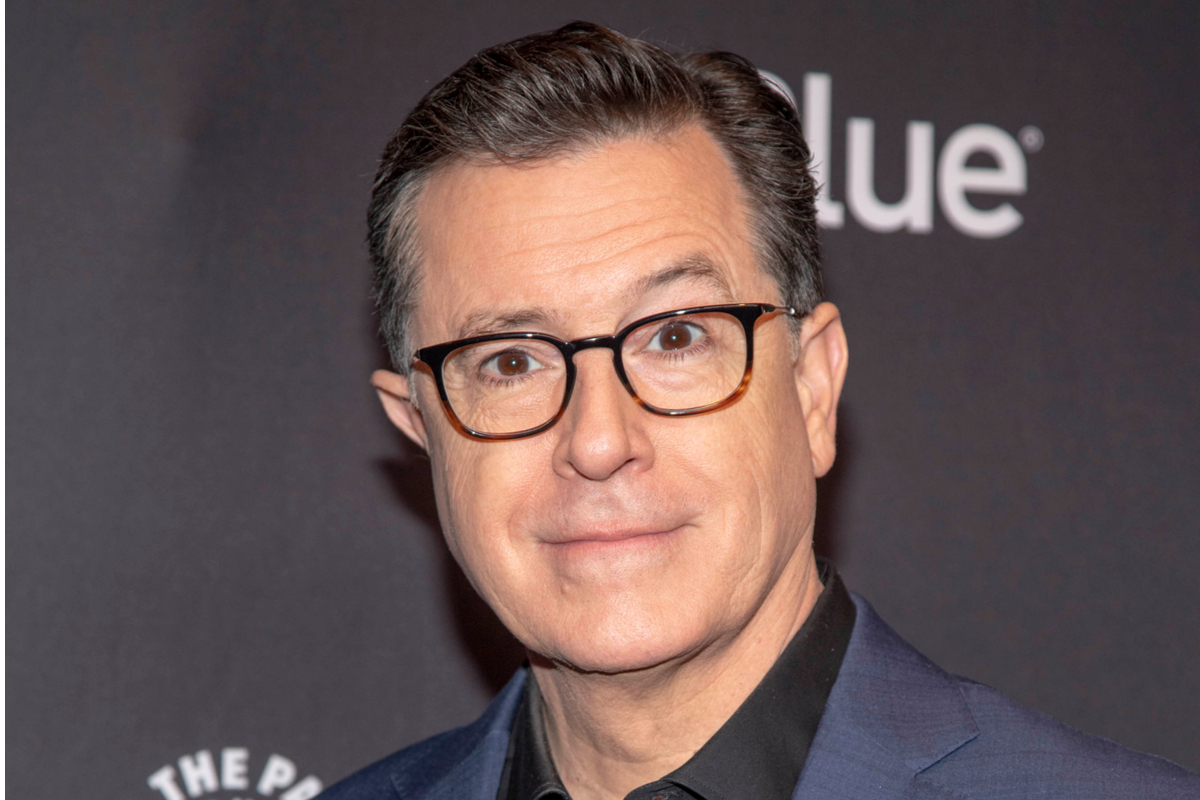
Stephen Colbert, host ngThe Late Show, is once again stepping away from the stage at the Ed Sullivan Theater as he recovers from a second bout with COVID-19. Tapings are canceled "until further notice," according to the CBS show's Twitter account, whichnoted on Monday that Colbert "will be isolating for a few additional days."
Colbert, who resumed live tapings of his show just a week ago following news of his initial COVID diagnosis on April 21, has said he is fully vaccinated and boosted, and while it's not clear whether this is a recurrence of the virus or a new infection, his illness raises concerns around the issue of COVID reinfection and relapse.
Read on to find out what experts are saying about the possibility of repeat COVID infections—and why some are concerned about a rare response to Pfizer's new COVID pill.
READ THIS NEXT: Boosters Won't Protect You Against Omicron If You've Done This, Study Finds.
It's unclear how long natural immunity lasts after a COVID infection.

Back in April, Colbert said he was "feeling fine" after testing positive for COVID. Less than two weeks later, on May 2, he resumed taping his show live in front of a studio audience. But on Monday, CBS said via Twitter that "Stephen is experiencing symptoms consistent with a recurrence of COVID." Colbert quoted the tweet, adding, "WORST. SEQUEL. EVER."
For those who have not been vaccinated, as Colbert has, natural immunity does not last long. "Previous infection alone can offer very little long-term protection against subsequent infections,"Jeffrey Townsend, PhD, lead author of a study on COVID reinfection published in The Lancet Microbein Oct. 2021, said in a press release. "Reinfection can reasonably happen in three months or less."
But even for those who are fully vaccinated and boosted, questions persist about how long immunity lasts. A study by the Centers for Disease Control and Prevention (CDC) published in Feb. 2022 found that the vaccine's effectiveness begins to wane after about four months.
None of this, however, helps explain why Colbert would get sick again so soon after seeming to recover from his first COVID infection.
READ THIS NEXT: Doctor Issues Major New Warning to All Americans—Including the Vaccinated.
Researchers are trying to figure out why some people get sick shortly after an initial bout with COVID.
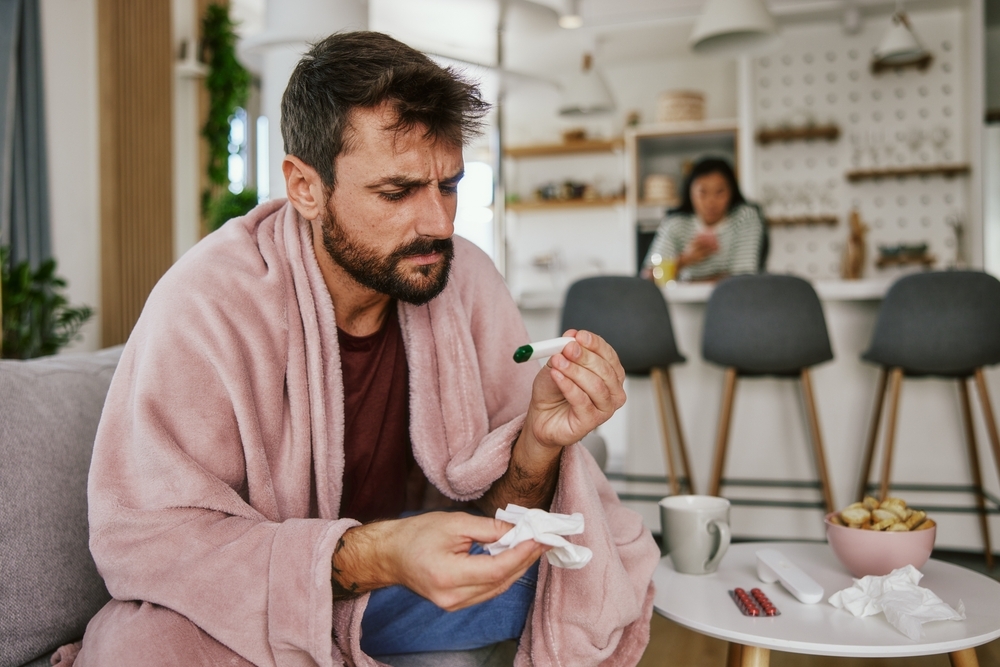
Last month, the CDC published a study that looked at a small patient sample—10 people—who tested positive for the Omicron variant within 90 days of a confirmed infection with COVID's Delta variant. Eight of those study subjects were under the age of 18, and only three had been vaccinated against COVID (one was fully vaccinated, while two had received only one dose).
The study's authors warned that for various reasons, including a small sample size that included children who had "high rates of close contacts in school-aged cohorts" and people who weren't vaccinated, "findings from this case series might not be generalizable to the U.S. population." They also noted that the study was limited to the specific time period when Omicron was overtaking Delta in predominance.
"Nonetheless, this study highlights potential limits of infection-induced immunity against novel variants," they concluded. In other words, having had COVID once doesn't necessarily mean you won't get the next variant that comes around.
In rare cases, people are relapsing after taking Pfizer's new COVID pill.
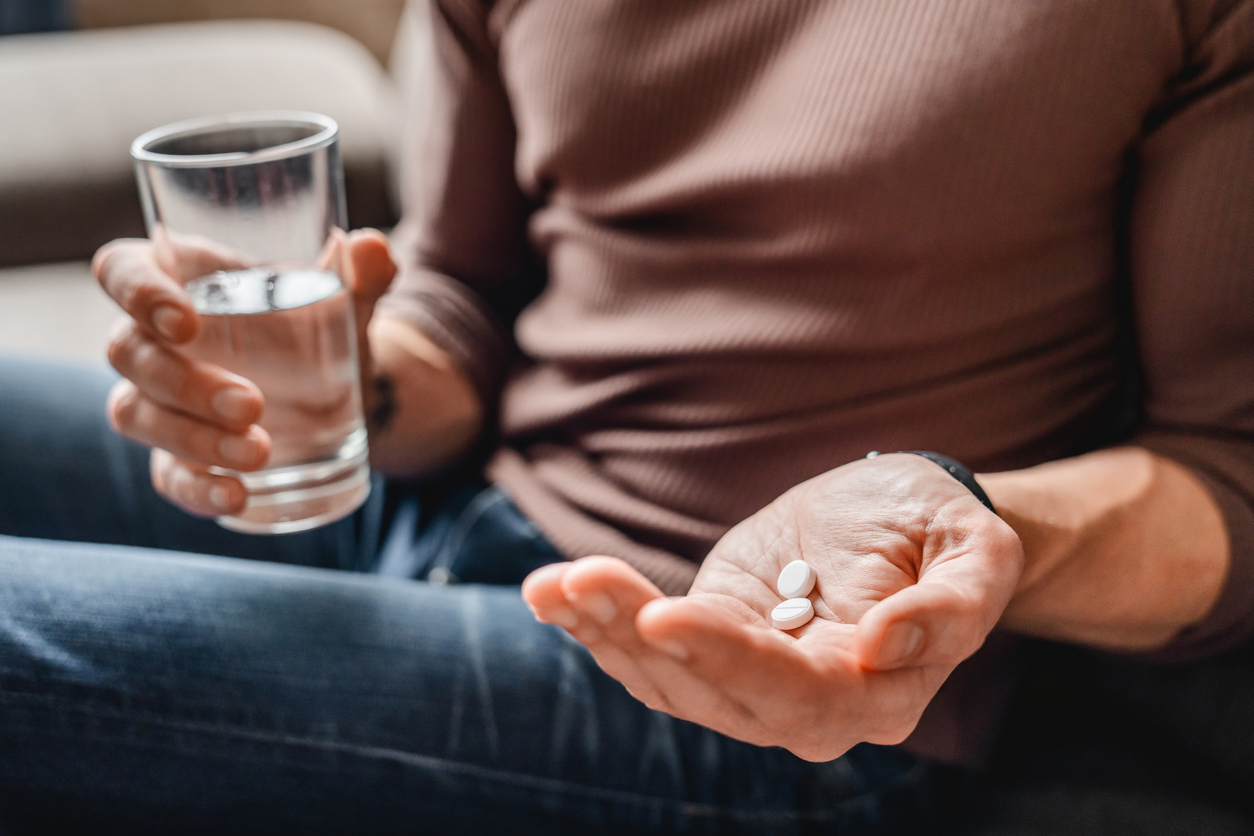
But there's COVID reinfection, and then there's a COVID relapse—meaning you never cleared the initial infection. A relatively new weapon in the fight against COVID, Pfizer's new pill, Paxlovid, shows promise against severe COVID infection in adults, but a report from the Associated Press (AP) raises concerns over whether some people may be susceptible to a relapse after taking the drug.
"Doctors have started reporting rare cases of patients whose symptoms return several days after completing Paxlovid's five-day regimen of pills," they write, going on to quote experts on why they think this might be so.
"The ability to clear the virus after it's suppressed may be different from Omicron to Delta, especially for vaccinated people," said Michael Charness, MD, author of a report on a 71-year-old man who took Paxlovid and experienced an easing of his symptoms, only to have a resurgence of the virus days later.
RELATED: For more up-to-date information, sign up for our daily newsletter.
The FDA approved Paxlovid based on its effectiveness against the Delta variant.
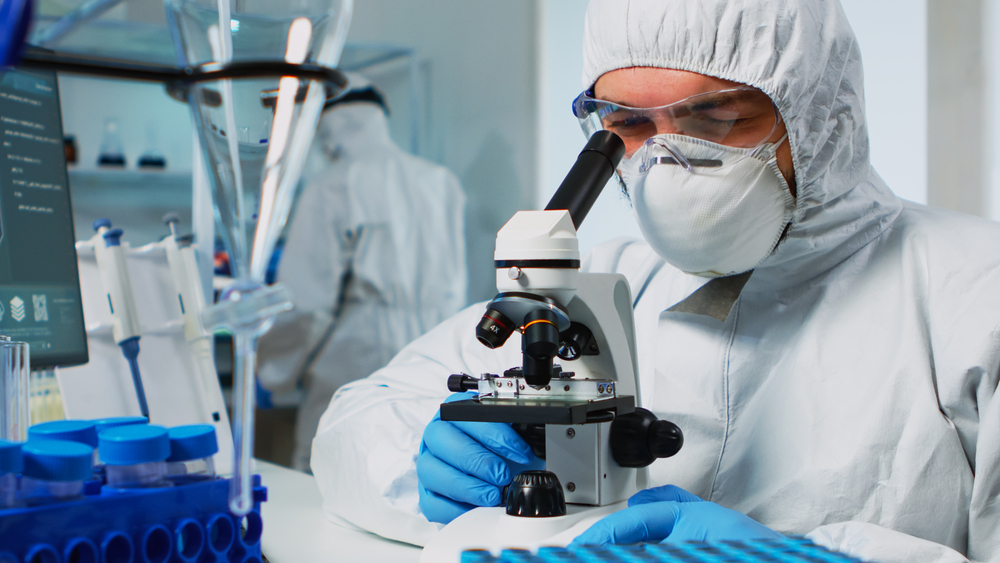
It is not known whether or not Colbert took Paxlovid to treat his initial illness. However, AARP reports that the oral antiviral drug, which was released in Dec. 2021 and was "initially in short supply," is now "pouring into tens of thousands of pharmacies throughout the U.S." It's readily available in New York City, where Colbert films his show.
In addition to concerns about Paxlovid and cases of rebound COVID, another potential worry is that Pfizer's pill "was tested and OK'd based on its performance against the delta version of the coronavirus," the AP writes. And as Charness pointed out, people may respond differently to the drug depending on which variant they are sick with.
Although the U.S. Food & Drug Administration (FDA), which gave the green light to Paxlovid, said in a recent update aimed at healthcare providers that 1 to 2 percent of people did appear to experience rebound COVID after taking Paxlovid, testing positive again after the drug initially seemed to wipe out the infection, "it is unclear at this point that this is related to drug treatment."
People who are sick with COVID for long periods of time could be incubating new variants.
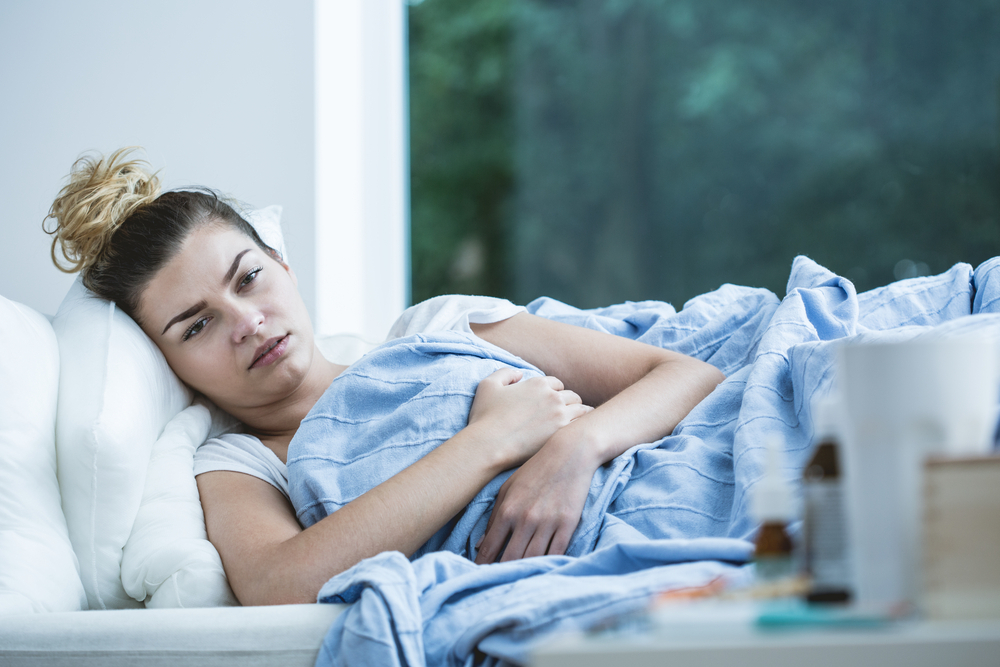
More than two years into the COVID pandemic, one thing is clear: The virus keeps changing. In the wake of Delta, Omicron, the BA.2 variant, and now BA.2.12.1, many people are afraid to let down their guard and hope the worst is behind us. Unfortunately, variants will keep emerging, and one very real concern is that people who remain sick with COVID for an extended amount of time could be incubating new variants of the virus.ae0fcc31ae342fd3a1346ebb1f342fcb
That is "the worst possible scenario for developing mutations," immunologist Bruce Walker, MD, told theLos Angeles Times in Jan. 2021.
Bakit? As theL.A. Times explains, during a long illness, the virus makes millions of copies of itself. "Each copy is an opportunity to make random mistakes," they write. "As it spins off new mutations, the virus may happen upon ones that help it resist medications, evade the immune system and come back stronger."
Generally speaking, long infections occur in immunocompromised individuals, but now there are new concerns that the "relapse" a small number of Paxlovid patients are experiencing could also lead to dangerous new variants. As the AP notes, if the "Paxlovid dose isn't strong enough to fully suppress the virus … that could spur mutations that are resistant to the drug."
While it's not clear what exactly caused Colbert's COVID relapse, it reinforces the need for people to stay as protected as they can according to CDC guidelines. "If we keep the virus around for a long time, we will be giving it more opportunities to outsmart us," infectious-disease researcher Tulio de Oliveira, PhD, told the L.A. Times.
READ THIS NEXT: Dr. Fauci Warns That Vaccinated People "Need to Realize" This Now.
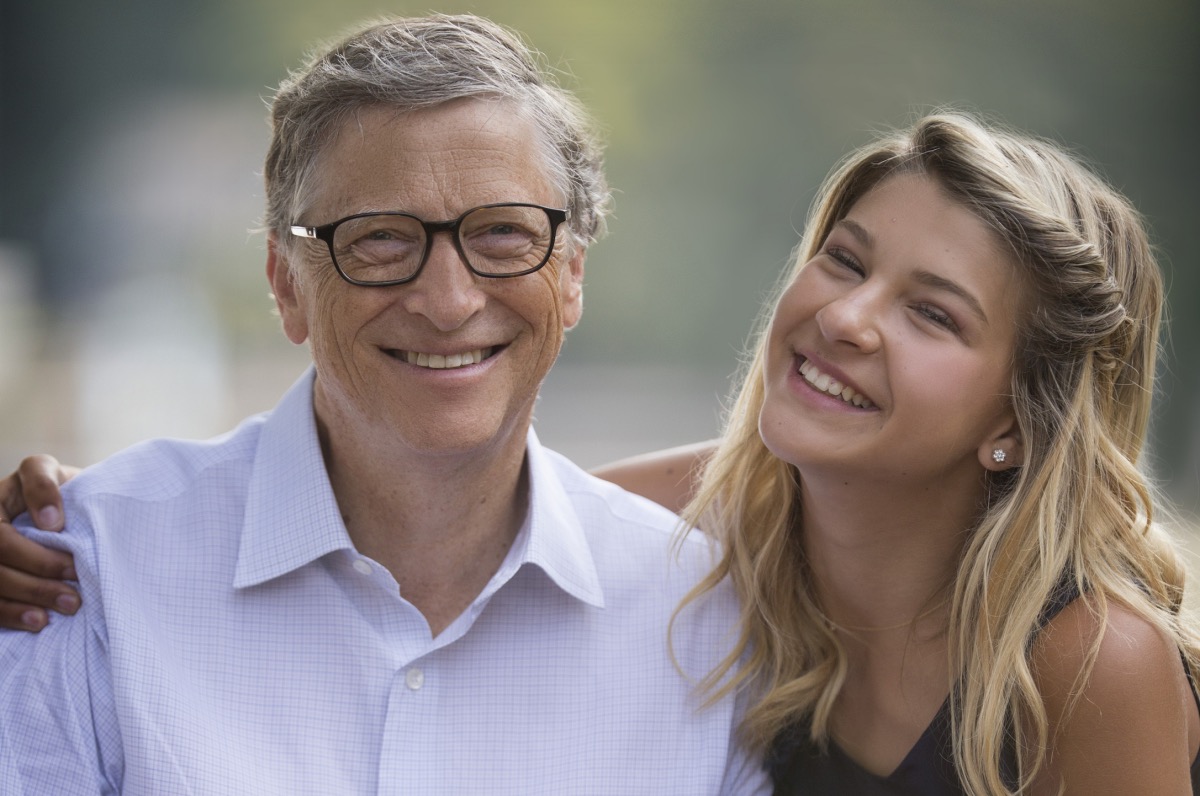
Ang hindi mabilang na katotohanan ni Phoebe Adele Gates.
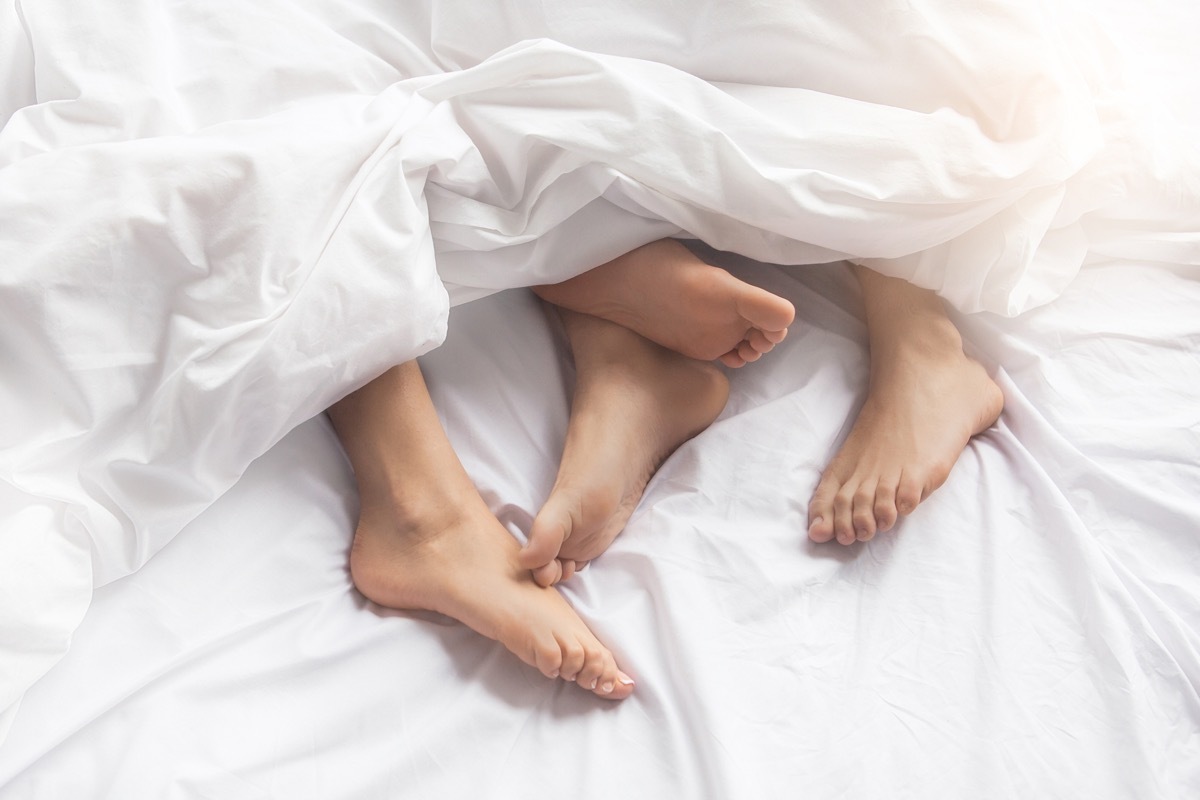
Ang pagkakaroon ng mas maraming mga kasosyo sa sex ay nakakaapekto sa iyong mga pagkakataon sa kasal, nahanap ang bagong pag -aaral
